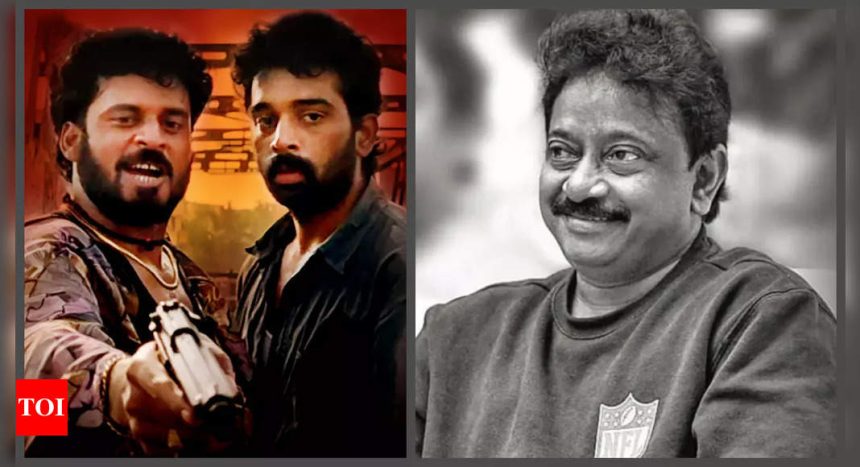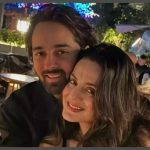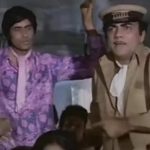Known for its gritty portrayal of the underworld, Manoj Bajpayee starrer ‘Satya‘ became a turning point in Bollywood, breaking away from exaggerated gangster tropes and offering a raw, realistic look at the lives of those living in the shadows.
In an exclusive revelation, director Ram Gopal Varma shares the untold stories, inspirations, and the accidental moments that led to the creation of this unforgettable masterpiece.
When Ram Gopal Varma first arrived in Mumbai for Rangeela, he was struck by the city’s energy. Although he occasionally heard about the underworld, it wasn’t something he paid much attention to. He said, “One day, while in a producer’s office, I overheard news of a prominent individual being killed by a gang. As the producer recounted the victim’s final moments, I found myself pondering something unusual—if the person was killed at 8:30 AM, what time did the killer wake up? Did he have breakfast before or after the murder?”These thoughts led Varma to an important realization. Gangsters are usually only mentioned in the news when they kill or die, but what happens in the moments in between? This insight was the catalyst for what would later become Satya.
He added, “I also saw some photos in the Times of India showing gangsters with black cloths over their heads. They looked like ordinary people, unlike the exaggerated portrayals in Bollywood. It made me realize that gangsters blend into society and could be anyone—your neighbor, the person walking down the street.”
A friend of Varma’s shared a story about a man in his building. They exchanged pleasantries occasionally, but one day it was revealed that this man was a gangster. Varma realized that in Mumbai’s flat culture, it’s possible to live beside someone for years without truly knowing them. This concept became a core part of Satya, where the main characters unknowingly live in close proximity to a gangster, unaware of his dark reality.
“I also met Ajit Devani, an ex-secretary of Mandakni, who shared stories about gangsters. One of his stories struck me—about a gangster who grieved his brother’s death in an unexpected way, blaming his brother for not listening to his advice, which led to his death. This moment inspired Bheeku Matre‘s character, particularly his reaction to Chander’s death,” RGV shared.
Varma also met an ex-gangster in Borivali, whose intimidating demeanor initially shocked him. But later, when they spoke one-on-one, the man’s personality seemed to shift. This interaction revealed the contrast between how gangsters project an image of toughness and who they truly are. This inspired the character of Kallu Mama in Satya, a gangster who projects a fearsome persona when meeting the builder, but is, in fact, much more relaxed and laid-back.
The filmmaker further revealed, “Every character in Satya was based on someone I had met or heard of, not just from the underworld, but also from the film industry and beyond. But the protagonist, Satya, was the most elusive. I modeled him loosely after Howard Roark from The Fountainhead, but struggled to maintain consistency in his character.”
Rather than meticulously planning every scene, Varma adopted a more fluid approach, focusing on what happened before and after each moment in the film. This allowed the actors to improvise, which led to highly realistic performances. However, it also created an inconsistency in Satya’s character, which made it harder for the audience to connect with him as deeply as they did with the other characters.
Satya became a product of many accidental thoughts, ideas, and contributions—some from people directly involved with the film, others from outside the industry. One of the most notable contributors was Ajit Devani, who, tragically, was killed a few years after Satya’s release, though his death had no connection to the film.
“I give credit to everyone who contributed to Satya, but I also take pride in how I brought everything together. As a director, my job was to channel the talents of others into a coherent, emotional experience. I’m grateful to the entire team, and I thank myself for making it all come together,” RGV concluded.












